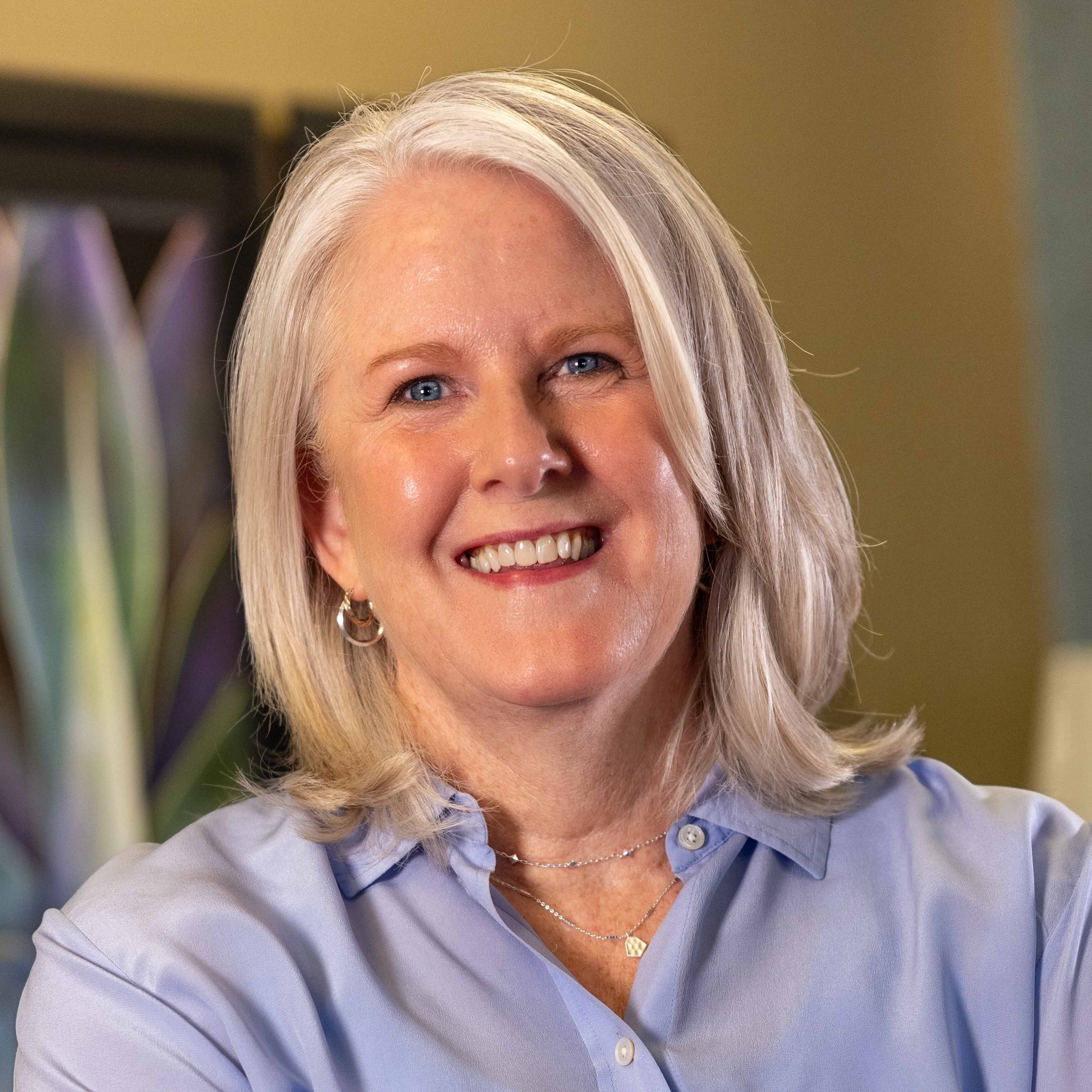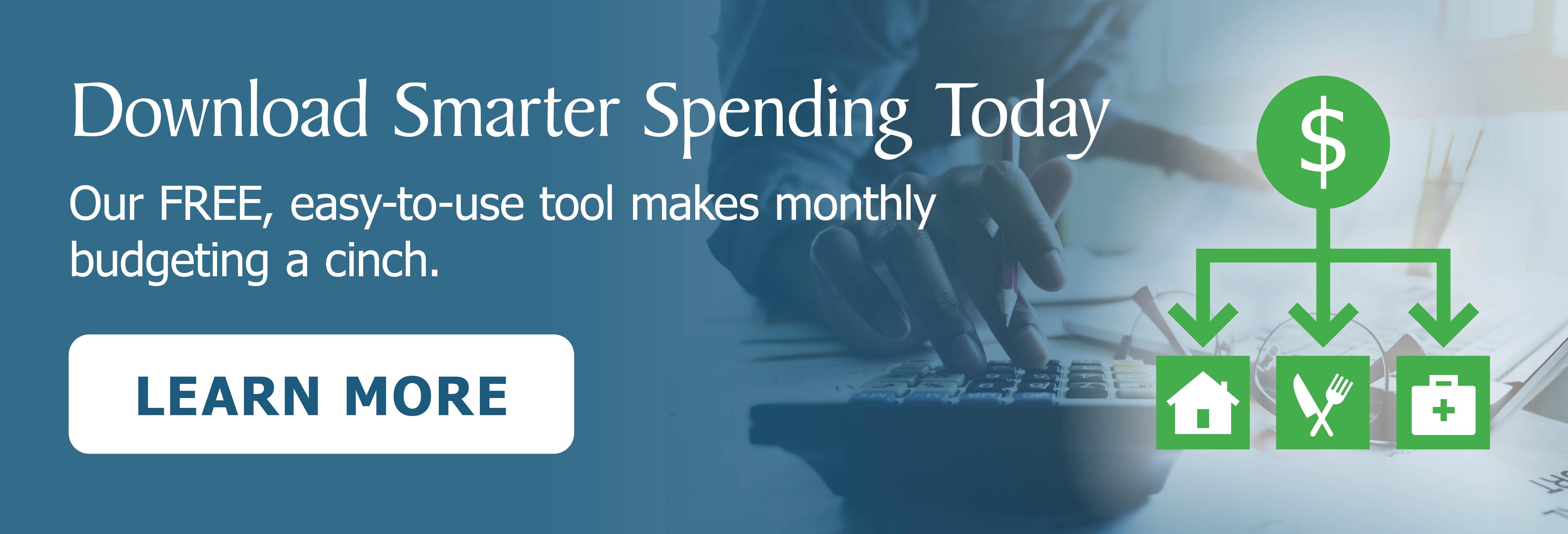 We see it time and again. Some of our brightest, most affluent clients struggle with paying bills. It’s not that they don’t have enough money. It’s that they don’t have a workable system and sometimes miss a payment or have to dip into savings for a big bill.
We see it time and again. Some of our brightest, most affluent clients struggle with paying bills. It’s not that they don’t have enough money. It’s that they don’t have a workable system and sometimes miss a payment or have to dip into savings for a big bill.
At Birchwood Financial Partners, we’ve investigated a number of systems from budgeting apps to three tiered cash flow management systems. If that appeals to you, there are a number of them, all with fans. YNAB, Mvelopes, Every dollar. However, they all seem a little over kill to us. We’re into simplicity.
One day out of frustration we asked each other “What do you do?” It turns out we had all independently developed the same system! And it’s super simple. Why make money more complicated than it is? As Damian mentioned in his blog, creating a budget and cash flow system helps create a framework. We can simplify this system even further.
Below is our four-step process to paying bills on time with little fuss.
1. Set up your bills on Auto Pay.
Why miss a payment? Your paycheck is automatically deposited into your checking account. So set up your bills to be automatically paid out of your checking account. This works well if you have regular income. If your income is sporadic you can still set up auto pay but you will need to pay closer attention to step 3.
2. Escrow monthly for the non-monthly bills.
Car tabs, property tax and life insurance are often paid just a few times a year. Set up a savings account for each of these bills (or combine a few together) and automatically save 1/12 the expected payment into the savings each month. Several online banks encourage you to have multiple nick-named savings accounts that are ideal for this purpose. Plus, online banks may pay better than average interest.
3. Add a Flex Account.
In addition to the escrow accounts for expected bills, open a flex savings account for the inevitable repairs and bumps in the road. When you have extra income one month, save money to the flex account. If your income is variable, this becomes a key account. When you have a big month, move big money into this account. When you have a low income month, or you’ve had unexpected expenses, move money back from flex to checking.
4. Know what’s coming.
Keep a simple spreadsheet of what bills are on the horizon for the next six months. Every month the same bills show up. Mortgage, utilities, credit card, etc. Most of the bills are the same amount each month, but your credit card will be different. Once your credit card statement closes, update your spreadsheet and you’ll know if you need to move money from your flex account. One of your non-regular bills are coming due? No problem, you’ve been saving for it all year. Simply move the needed funds from your nick-named savings account and send it back to checking before the bill is due. The same is true if you see a negative balance on your spreadsheet, and don’t forget to keep a minimum balance in your checking account each month. For an example of a simple spreadsheet, click here.




